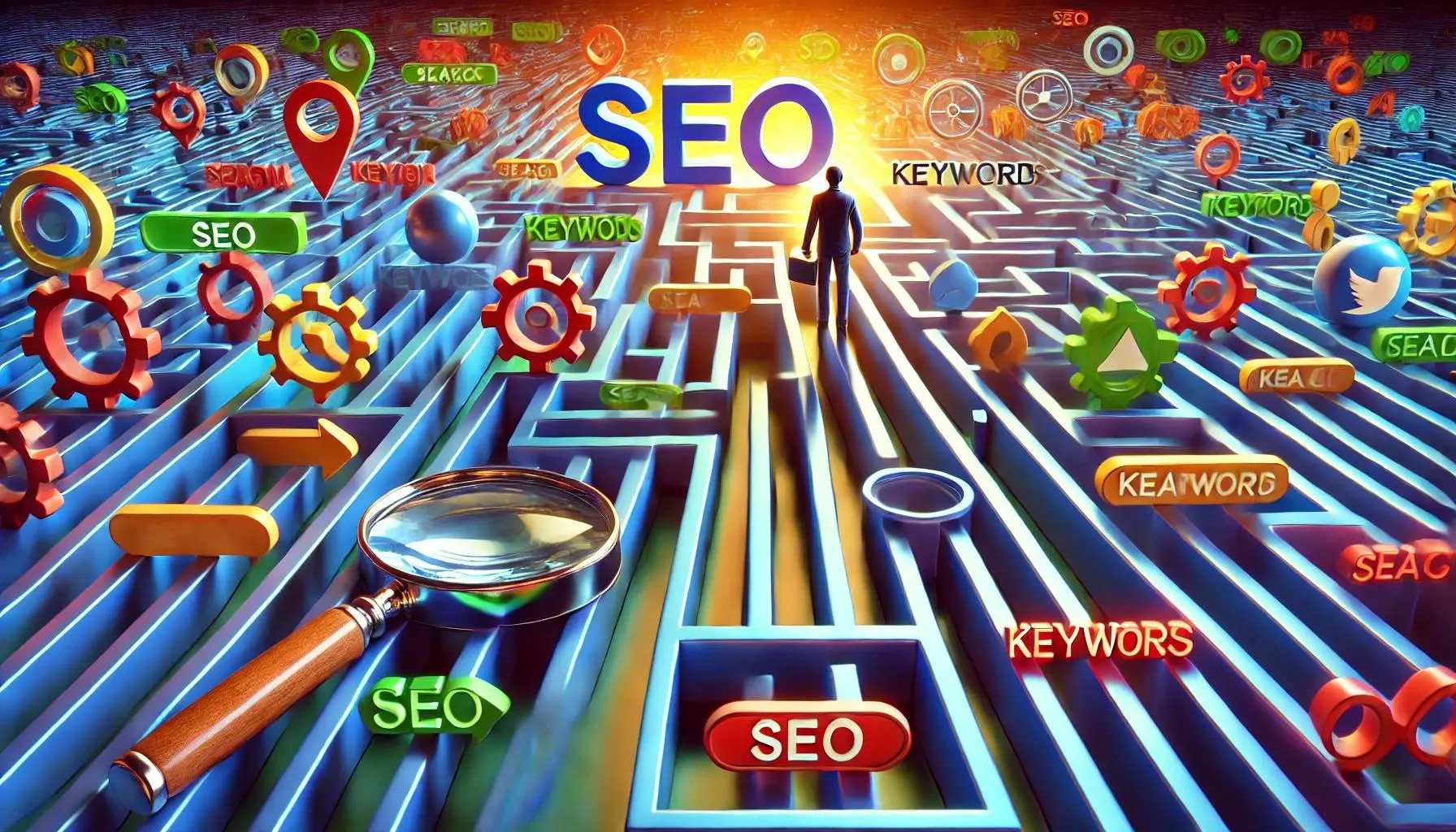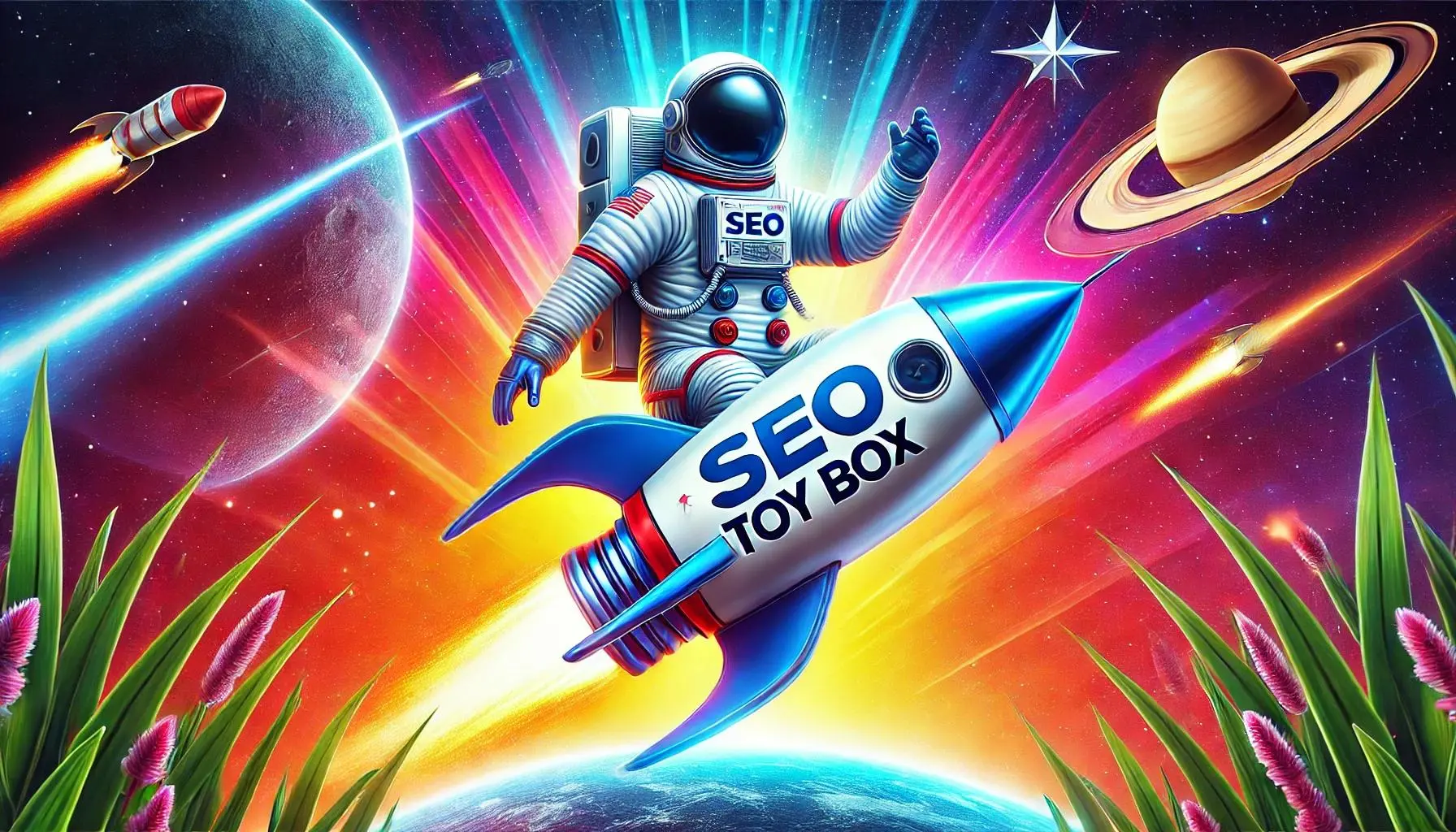
Introduction
In the competitive landscape of modern business, marketing stands as a crucial pillar for success. Business marketing involves a series of strategic activities aimed at promoting products or services, engaging with customers, and building a brand. A well-defined marketing strategy is essential for aligning marketing efforts with business goals and ensuring consistent messaging. Effective marketing not only drives sales but also creates brand loyalty, builds customer relationships, and provides a competitive edge. This article delves into the significance of business marketing, exploring key strategies, benefits, and best practices to help businesses thrive.
Chapter 1: Understanding Business Marketing
What is Business Marketing?
Business marketing, also known as B2B marketing, involves the promotion of products or services from one business to another. Business to business marketing is crucial in organizational decision making and marketing strategy, as it helps businesses understand buyer behaviour, develop responsible marketing strategies, and utilize integrated marketing communications. It is distinct from consumer marketing (B2C), which targets individual consumers. Business marketing focuses on creating value for other businesses, addressing their needs, and helping them achieve their objectives. It encompasses a range of activities, including market research, branding, advertising, sales, and customer relationship management.
The Evolution of Business Marketing
The evolution of business marketing can be traced back to the industrial revolution when mass production and distribution became possible. Over the decades, marketing strategies have evolved significantly with the advent of new technologies and changing consumer behaviors. The impact of technology on the business world has been profound, emphasizing the importance of global connections and international focus. Today, digital marketing, data analytics, and personalized marketing play pivotal roles in business marketing strategies.
Key Components of Business Marketing

Chapter 2: The Significance of Business Marketing
Increased Visibility and Reach
Marketing enhances a business's visibility and reach, enabling it to connect with its target audience. The development and operation of business markets, including human capital and strategic management, play a crucial role in this process. Through strategic marketing efforts, businesses can reach potential customers who might not have been aware of their products or services.
Digital Marketing
The rise of digital marketing and SEO has revolutionized how businesses reach their target audience. With tools like search engine optimization (SEO), pay-per-click (PPC) advertising, and social media marketing, businesses can target specific demographics and measure the effectiveness of their campaigns in real-time.
Traditional Marketing
While digital marketing is crucial, traditional marketing methods like print advertising, direct mail, and trade shows still play a significant role, especially in industries where digital penetration is low. Combining traditional and digital marketing strategies can maximize reach and impact.
Building Brand Awareness
Brand recognition is the extent to which consumers recognize and remember a brand. Effective marketing builds brand awareness, making it easier for businesses to attract and retain customers.
Consistent Branding
Consistency in branding across all marketing channels helps reinforce the brand identity. This includes using the same logos, colors, and messaging to create a cohesive brand image.
Content Marketing
Content marketing involves creating and sharing valuable content to attract and engage the target audience. By providing relevant and informative content, businesses can establish themselves as thought leaders in their industry, increasing brand awareness and credibility.
Driving Sales and Revenue
The ultimate goal of marketing is to drive sales and revenue. Business planning is crucial in developing a business plan for start-up ventures and commercial products/services, ensuring a practical approach to defining unique selling propositions and testing ideas. By creating demand for products or services and guiding customers through the buying journey, marketing directly impacts a business's bottom line.

Lead Generation
Marketing efforts such as email campaigns, webinars, and online ads generate leads by attracting potential customers interested in a business's offerings.
Sales Funnel Optimization
Optimizing the sales funnel involves nurturing leads through various stages of the buying process, from awareness to consideration to decision. Effective marketing strategies ensure a smooth transition through these stages, increasing the likelihood of conversion.
Enhancing Customer Relationships
Marketing is not just about acquiring new customers; it's also about retaining existing ones and fostering customer loyalty. Integrating personal and professional development within the business and marketing field is crucial for developing specific skills and attributes necessary for success. Building strong customer relationships is essential for long-term success.
Customer Engagement
Engaging with customers through social media, email newsletters, and personalized communication helps build trust and loyalty. Regular interaction keeps the brand top of mind and encourages repeat business.
Customer Loyalty Programs
Implementing customer loyalty programs rewards repeat customers and encourages them to continue doing business with the company. These programs can include discounts, exclusive offers, and points-based systems.
Gaining Competitive Advantage
In a crowded marketplace, standing out from competitors is crucial. Understanding consumer behaviour and market positioning is essential in developing effective marketing strategies that resonate with the target audience. Effective marketing provides a competitive edge by differentiating a business and highlighting its unique value proposition.
Unique Selling Proposition (USP)
A USP is a statement that articulates what differentiates a business's product or service and why customers should choose it over competitors. Clearly communicating the USP through marketing efforts helps attract and retain customers.
Market Positioning
Market positioning involves creating a distinct image of the brand in the minds of consumers. By positioning the brand effectively, businesses can carve out a niche and dominate their target market.
Data-Driven Decision Making
Modern marketing relies heavily on data analytics to measure performance and make informed decisions. Business research is crucial in developing critical thinking and reflective skills, and it plays a significant role in marketing planning and strategy. By analyzing data from various marketing campaigns, businesses can identify what works and what doesn't, allowing them to optimize their strategies for better results.
Marketing Analytics
Tools like Google Analytics, HubSpot, and SEMrush provide valuable insights into campaign performance, customer behavior, and market trends. These insights help businesses refine their marketing efforts and improve ROI.
A/B Testing
A/B testing involves comparing two versions of a marketing asset (e.g., a webpage or email) to see which performs better. This method helps identify the most effective strategies and optimize marketing campaigns accordingly.

Chapter 3: Business Marketing Strategies
Define Clear Goals
Establishing clear, measurable goals is the foundation of any successful marketing strategy. Goals should align with the overall business objectives and provide direction for marketing efforts.
SMART Goals
Use the SMART criteria to set Specific, Measurable, Achievable, Relevant, and Time-bound goals. This ensures clarity and focus in your marketing strategies.
Understand Your Target Audience
Knowing your target audience is crucial for creating relevant and effective marketing campaigns. Conduct market research to understand their needs, preferences, and behaviors.
Market Segmentation
Divide your target audience into segments based on demographics, psychographics, behavior, and geography. This allows for more targeted and personalized marketing efforts.
Buyer Personas
Develop detailed buyer personas to represent different segments of your audience. These personas help you tailor your marketing messages and strategies to meet their specific needs.
Develop a Comprehensive Marketing Plan
A marketing plan outlines the strategies and tactics you will use to achieve your marketing goals. Project management plays a crucial role in developing and executing these marketing strategies effectively. It serves as a roadmap for your marketing efforts.
Situational Analysis
Conduct a SWOT analysis to identify your business's strengths, weaknesses, opportunities, and threats. This helps you understand your current market position and develop strategies to address challenges and capitalize on opportunities.
Marketing Mix (4Ps)
Develop a marketing mix strategy that includes the 4Ps: Product, Price, Place, and Promotion. This ensures a well-rounded approach to marketing that covers all aspects of your offerings.
Implement Integrated Marketing Communications (IMC)
IMC involves coordinating all marketing communication tools to provide a consistent message across all channels. This includes advertising, public relations, sales promotions, and direct marketing.
Consistent Messaging
Ensure that your brand message is consistent across all marketing channels to build brand recognition. This helps build trust among your audience.
Multi-Channel Marketing
Use a combination of social media and traditional marketing channels to reach your audience. This includes social media, email marketing, content marketing, print advertising, and events.
Leverage Digital Marketing
Digital marketing is a powerful tool for reaching and engaging with your target audience. Obtaining a business and marketing degree is crucial for developing the digital marketing skills and knowledge needed to excel in this field. It includes various strategies such as SEO, PPC advertising, social media marketing, and email marketing.
Search Engine Optimization (SEO)
SEO involves optimizing your website to rank higher in SERPs. This increases organic traffic and visibility.
Pay-Per-Click (PPC) Advertising
PPC advertising allows you to place ads on search engines and social media platforms. You pay a fee each time someone clicks on your ad, making it a cost-effective way to drive traffic and generate leads.
Social Media Marketing
Social media platforms like Facebook, Instagram, Twitter, and LinkedIn provide opportunities to connect with your audience, share content, and promote your products or services.
Email Marketing
Email marketing is a highly effective way to nurture leads, build relationships, and drive sales. Use email campaigns to deliver personalized content and offers to your subscribers.
Focus on Content Marketing
Content marketing involves creating and sharing valuable content to attract and engage your target audience. It includes blog posts, articles, videos, infographics, and eBooks.
Content Strategy
Develop a content strategy that aligns with your business goals and audience needs. Plan and schedule content creation and distribution to ensure consistency.
SEO Content
Optimize your content for search engines by incorporating relevant keywords, using clear headings, and providing valuable information. This helps improve your search rankings and attract organic traffic.
Utilize Data Analytics
Data analytics is essential for measuring the performance of your marketing efforts and understanding customer behavior. Use analytics tools to track key metrics and gain insights into customer behavior.

Key Performance Indicators (KPIs)
Identify the KPIs that matter most to your business, such as website traffic, conversion rates, customer acquisition cost, and customer lifetime value. Track these metrics to measure the effectiveness of your marketing campaigns.
Data-Driven Decision Making
Use data to make informed decisions about your marketing strategies. Analyze the performance of different campaigns, identify trends, and optimize your efforts for better results.
Personalize Your Marketing Efforts
Personalization is key to engaging with your audience and building strong customer relationships. Tailor your marketing messages and offers to individual preferences and behaviors.
Segmentation
Segment your audience based on demographics, behavior, and preferences. This allows for more targeted and relevant marketing messages.
Dynamic Content
Use dynamic content to personalize the user experience on your website and in your email campaigns. Show different content to different users based on their behavior and preferences.
Test and Optimize
Regularly test different elements of your marketing campaigns, such as headlines, images, and call-to-actions. Use A/B testing to determine what works best and optimize accordingly.
A/B Testing
Conduct A/B tests to compare different versions of your marketing assets and identify the most effective variations. Test elements like subject lines, ad copy, and landing page designs.
Continuous Improvement
Use the results of your tests to make data-driven decisions and continuously improve your marketing strategies. Regularly review and update your campaigns to ensure optimal performance.
Chapter 4: Best Practices for Business Marketing
Focus on Customer Experience
Customer experience is a critical factor in business success. Ensure that your marketing efforts enhance the overall customer experience.
User-Friendly Website
Your website is often the first point of contact for potential customers. Ensure it is user-friendly, easy to navigate, and provides valuable information.
Customer Support
Provide excellent customer support to address any issues or concerns. This helps build trust and loyalty among your customers.
Keep Up with Industry Trends
Stay updated with the latest marketing trends and technologies. Business schools play a crucial role in providing up-to-date knowledge and skills in business marketing. The marketing landscape is constantly evolving, and staying ahead can give you a competitive edge.
Industry News
Follow industry news, blogs, and thought leaders to stay informed about new trends and developments in business marketing.
Continuous Learning
Invest in continuous learning and development for your marketing team. Attend webinars, conferences, and workshops to keep up with the latest strategies and tools.
Build Strong Relationships
Building strong relationships with customers, partners, and influencers is essential for long-term success. Emphasizing professional development is crucial in building these strong business relationships. Focus on nurturing these relationships through personalized communication and engagement.
Customer Relationships
Engage with your customers through social media, email newsletters, and personalized communication. Regular interaction keeps your brand top of mind and encourages repeat business.
Partnerships
Develop partnerships with other businesses and influencers in your industry. This can help expand your reach and build credibility.

Maintain Consistent Branding
Consistency in branding is crucial for building brand recognition and trust. Ensure that your brand message, logo, colors, and tone of voice are consistent across all marketing channels.
Brand Guidelines
Create brand guidelines that outline the use of your logo, colors, fonts, and messaging. Ensure that all marketing materials adhere to these guidelines.
Brand Voice
Establish a consistent brand voice that resonates with your audience. This includes the tone, style, and messaging used in your content and communications.
Invest in Technology
Investing in the right technology can enhance your marketing efforts and improve efficiency. A Business and Marketing BA provides essential knowledge about marketing technologies and their applications, preparing students to effectively utilize these tools. Use marketing automation tools, CRM systems, and analytics platforms to streamline your processes.
Marketing Automation
Marketing automation tools like HubSpot and Marketo help automate repetitive tasks, such as email campaigns and social media posting. This frees up time for more strategic activities.
CRM Systems
CRM systems like Salesforce and Zoho help manage customer interactions and data. This allows for better customer relationship management and personalized marketing efforts.
Analytics Platforms
Analytics platforms like Google Analytics and SEMrush provide valuable insights into campaign performance, customer behavior, and market trends. Use these insights to refine your marketing efforts and improve ROI.
Focus on Quality Over Quantity
In marketing, quality often trumps quantity. Focus on creating high-quality content and campaigns that provide value to your audience, rather than producing a large volume of mediocre materials.
Content Quality
Ensure that your content is well-researched, informative, and engaging. High-quality content establishes your brand as a thought leader and attracts more organic traffic.
Campaign Effectiveness
Measure the effectiveness of your marketing campaigns and focus on strategies that deliver the best results. This ensures that your marketing efforts are efficient and impactful.
Monitor and Measure Performance
Regularly monitor and measure the performance of your marketing efforts. Use analytics tools to track key metrics and gain insights into what works and what doesn't.
Performance Metrics
Identify the metrics that matter most to your business, such as website traffic, conversion rates, and customer acquisition cost. Track these metrics to measure the effectiveness of your marketing campaigns.
Reporting
Create regular reports to track your marketing performance and share insights with your team. Use these reports to make data-driven decisions and optimize your marketing efforts.
Conclusion
Business marketing is essential for driving sales, building brand awareness, and fostering customer relationships. By understanding the significance of marketing, developing effective strategies, and following best practices, businesses can achieve their goals and thrive in a competitive landscape.
Investing in business marketing not only enhances visibility and reach but also provides valuable insights into customer behavior and market trends. Embrace the power of marketing to unlock new opportunities, build a strong brand, and achieve long-term success.

